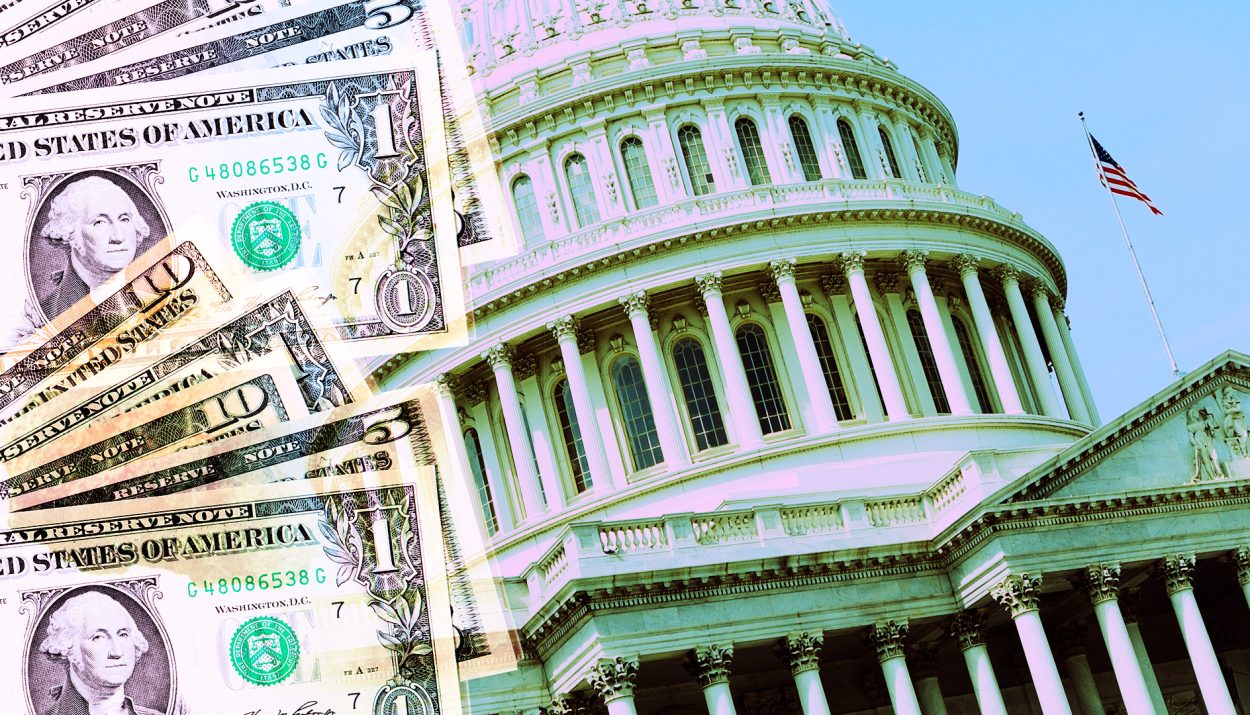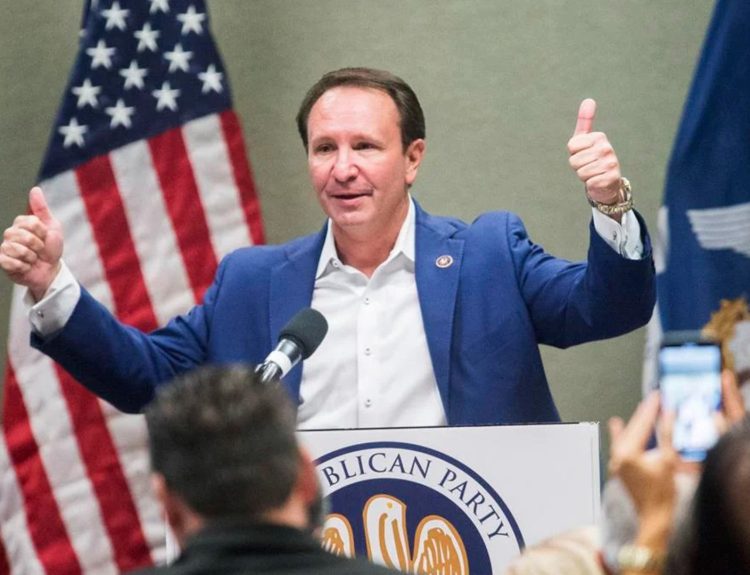Universal Basic Income or UBI plans have become a point of debate between conservatives and liberals. In a recent sitting in Iowa, the GOP moved to block a bill that would institute a guaranteed basic income for citizens. They state that the legislation makes no economic sense. Let’s see why they think so and if that’s true.
Socialism On Steroids
Republicans in Iowa have declared the bill that guarantees a basic income to some residents of the state as socialism on steroids. They state that introducing a UBI would incentivize people to avoid work and live off the state’s largesse instead.
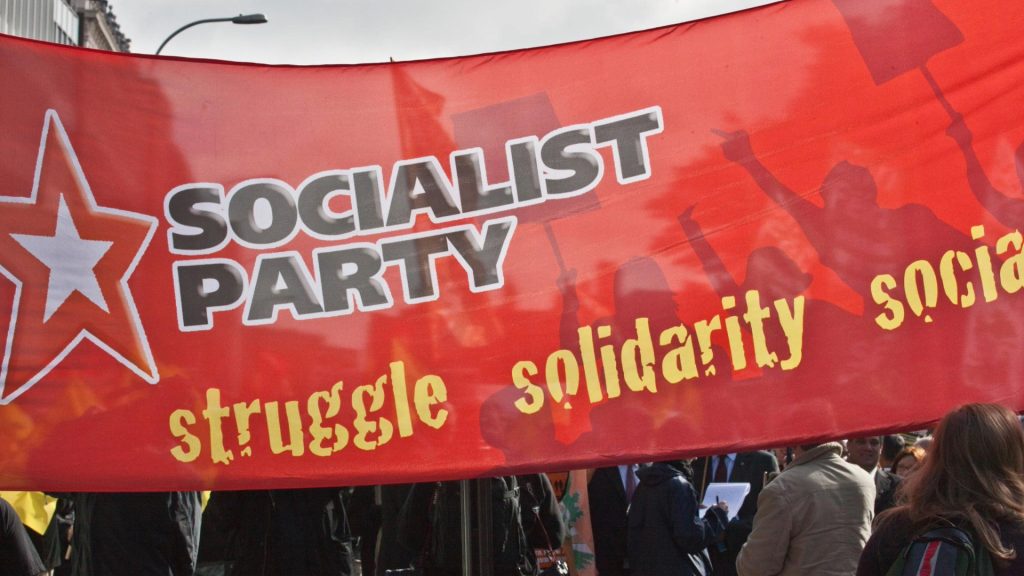
UBIs have become popular as a way of gaining public support. Bills have been introduced in several places, and experiments have been done with a variety of results to compare. Iowan Republicans adamantly oppose any sort of UBI in the state on general principle.
Giving Away Free Money
Republicans are socially and economically conservative. The idea of state handouts doesn’t sit well with them since they see any sort of wealth from the state as being akin to communism or socialism. It’s also the way they see social relief programs.

This bill would offer Iowa residents a basic stipend for which they don’t have to work. The idea is that once their basic needs are met, people will have time to do other things. However, Republicans see this as a way of promoting laziness. The argument goes that without the impetus to earn a living, workers will simply not work.
Other Places Have Tried Similar Approaches
Some areas of the US already have UBI programs in place that are being used by the most vulnerable populations they apply to. For example, Baltimore has introduced a $ 1,000-a-month payment to young mothers through the Baltimore Young Families Success Fund. Yet UBIs are not yet common around the country.
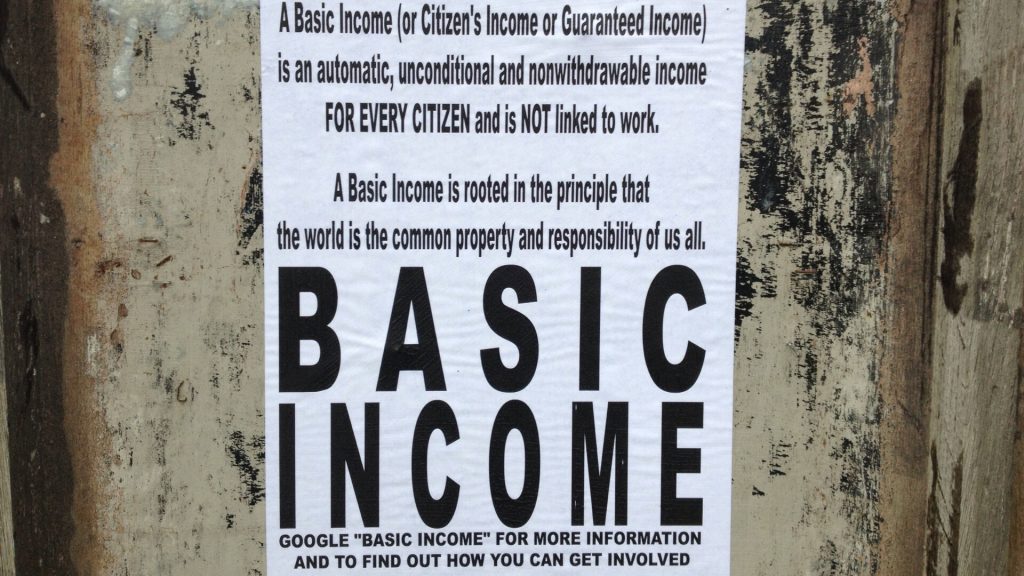
Many are wary of government payments like this. Some reports stated that some young women didn’t accept the stipend in Baltimore because they thought it had to be some kind of scam. The mothers who took advantage of the stipend spent their money on the same general items they usually bought.
UBIs Have Shown Some Promise
Alaska is one of the best examples of a UBI that works. Over the last thirty years, Alaska has offered a basic stipend to its citizens through Alaska’s Permanent Fund Dividend. However, it has also had its own pitfalls when it comes to being implemented on a larger scale.
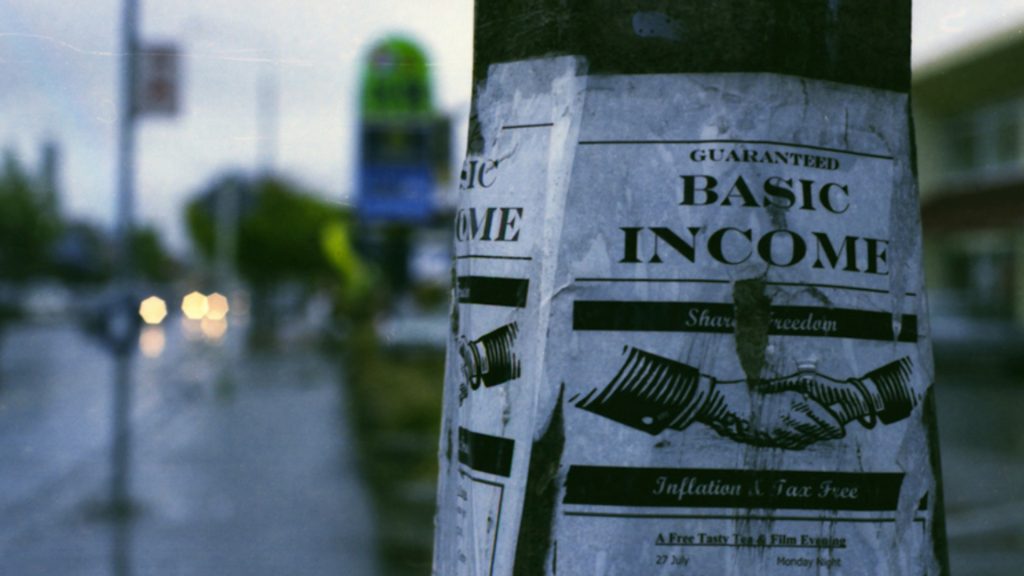
Other US states have introduced similar legislation. Flint, Michigan, offers mothers a lump-sum payment of $1,500 with $500 per month for the baby’s first year.
International Implementations of UBI
Finland trialed UBI for a while, and the Scandinavian country had all the checks and balances they needed in place. At the end of the trial, the state declined to renew or expand the program. This shows us that it’s not about the state or the country it’s in, but the level of funding it provides.

Finland’s plan, unlike the Alaskan program, sought to replace all income that the person would get. Its aim was to reduce unemployment in the population. Alaska’s dividend only seeks to replace some of that income.
Alleviating Poverty In the Richest Nation in the World
The US has the honor of being the largest economy in the world. Some would even state it to be the wealthiest nation in the world. Yet despite this, the country still deals with many of its residents suffering from poverty and unable to meet their basic bills.

Proponents of UBI bills state that this is a way to relieve that poverty. With a basic guaranteed income, these most vulnerable individuals can still afford to live in our society without failing to meet their obligations.
A Federal UBI Bill?
While some economists have talked about a national UBI policy, it’s unlikely anything like that would be introduced. The Biden administration already opened the door to such a bill being a reality.

The catch, of course, would be the House Republicans. They would consider anything along these lines as socialism, in the same vein as the Iowan Republicans.
The Cost To The State
One of the most prominent arguments that Iowan Republicans make is that it would cost the state a lot more than it would be willing to pay for any other social relief program. It also creates more reliance on the government.

What makes Republicans so angry about it is that it resembles a redistribution of wealth. According to most Republicans, an action along those lines is the same as socialism or communism.
A UBI Already Runs in Iowa
While the state is debating what to do about its UBI bill, one already runs in Iowa and is funded by a local charity. The Mid-Iowa Health Foundation provides $500 monthly for two years to families under their “UpLift” program.

The UpLift program gets funding from public, private, and charity organizations. Still, even so, it can only provide the UBI to a few people who have demonstrated their need for it. The state could do more, but it would also cost a lot more.
The Cost Could Be Balanced
Data about UBI can be found in many places, and Canada has run its own UBI, known as MINCOME, since the 1970s. This UBI aimed to improve graduation and healthcare rates in communities that didn’t have the economic resources of other parts of the country.

MINCOME was a success, and many Canadians saw graduation rates soar in these middle and lower-income communities. Evelyn Forget, a Canadian economist, notes that the benefits to the community offset the communal cost of the UBI as a result. This puts a hole in Republican arguments about the cost being unbearable.
Is It Really Socialism In Disguise?
Another of the Republican talking points is that this UBI is a form of socialism. As with most things that seek to redistribute wealth, this is a capital sin as far as economic conservatives are concerned.

However, a UBI isn’t anything like a socialist scheme to make all pay for a few. The argument is that hardworking taxpayers will be footing the bill for the UBI. While it will be state-funded, it would benefit the most vulnerable members of the population.
Does It Undermine the Work Ethic?
Republicans are adamant that introducing the UBI into a state will undermine the workers’ will to go to work. While this is a good argument, the more pressing question is why would workers go to a job that they hate if they’re being paid for it.

The argument assumes that suffering is necessary for the lowest-paid members of society to make a living. The UBI is a way for lawmakers to offer those low-income earners a way out of their situation.
Could It Be Abused?
As with all social programs, abuse is a likely outcome. People will always try to game the system, but do Iowan Republicans have a serious concern about people taking advantage of the guaranteed basic income to the level they assume it will happen?
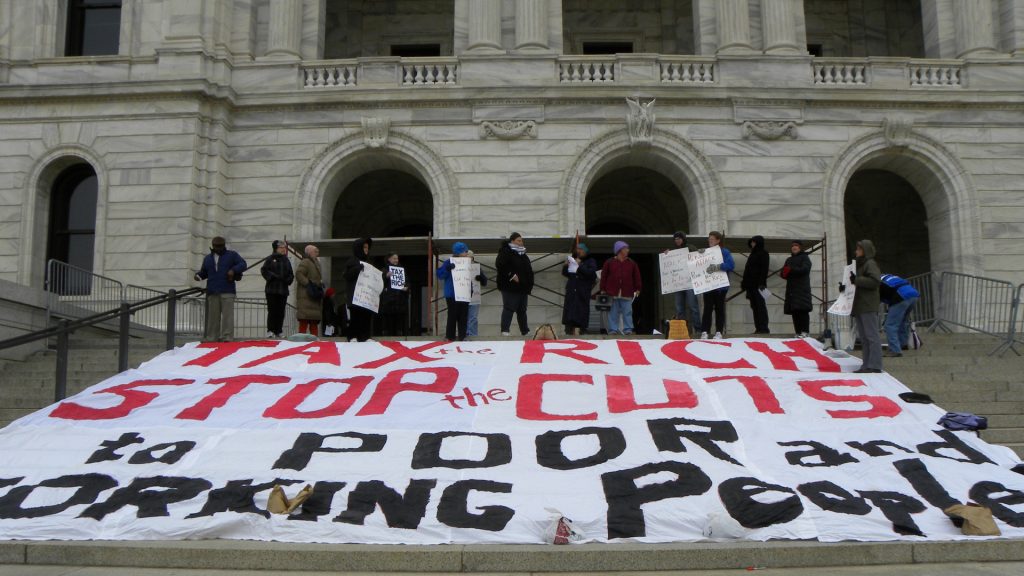
The assumptions come from how Republicans see those who are on welfare and social programs. Based on the UBI implemented in Baltimore, the level of abuse may be far less than the Republicans make it out to be. Abuse will happen, but it can be managed and mitigated.
An Overreaction To A Relief Program
Proponents of the UBI claim the Republican statements are simply an overreaction to an otherwise very tame relief plan. The Republicans, on the other hand, see it as a threat to their voter base and their way of life. The accusation of it being socialism on steroids testifies to how they see it.
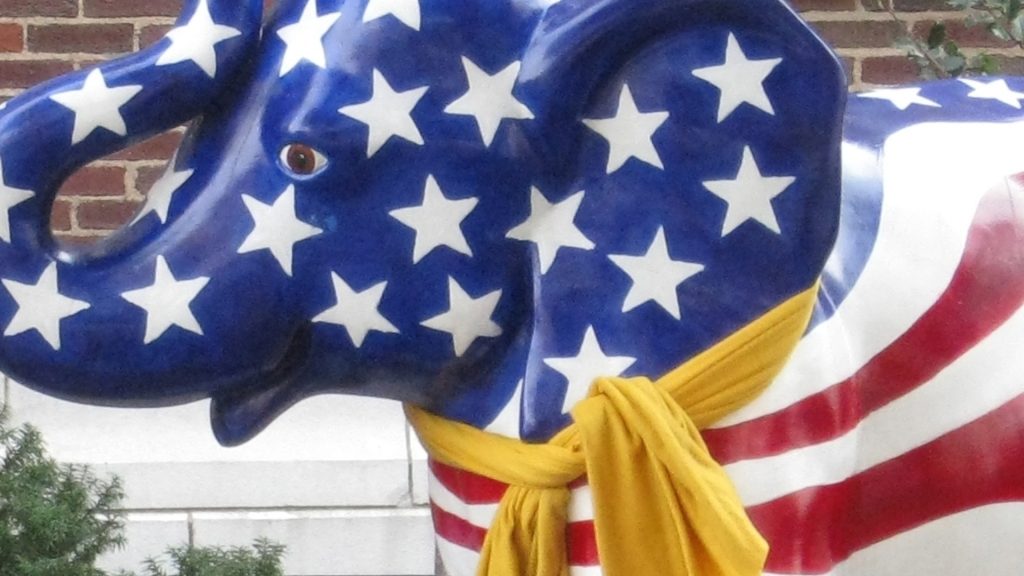
The GOP Iowans went one step further, supporting a bill that would ban a guaranteed UBI from every being introduced in the state. The bill would threaten those who didn’t comply with prosecution from the attorney general. It would also endanger private UBI initiatives like the UpLift program.
UBI – Ethics or Economics?
The position most people in the middle take usually comes down to whether they see UBI as an economic consideration or an ethical one. Liberals always see UBI as an ethical consideration since it impacts the lowest-income societies and can help lift them out of poverty.

Conservatives see the discussion as centered on economics. This is why they are fixated on the idea of the impact on employment and the job market or about who is going to pay for the implementation. Focusing on either of these denies the other side and limits the discussion significantly.
How Would Iowans Benefit?
Aside from the ethical or economic concerns, the question that should be asked is how does this benefit Iowa? Based on previous research, it could be a real game-changer for some communities.

For those at the bottom of the income ladder, it offers a way for them to dedicate less time to working and more time to their family or education to help them find better-paying jobs. As economists saw from the Canadian experiment, the benefits are likely to far outweigh the costs.
The Bottom Line Is More Complicated Than Most Think
Iowa may be a better place if the UBI bill passes, but Republicans are making that difficult, and are even introducing roadblocks towards introducing future bills like that. Iowans may have to wait a little bit longer for a guaranteed basic income.

Research has suggested that this will improve the lives of many Iowans and might even help the state to grow both economically and intellectually. Only time will tell whether Iowa will actually let a bill like this pass, but the present situation looks grim.

